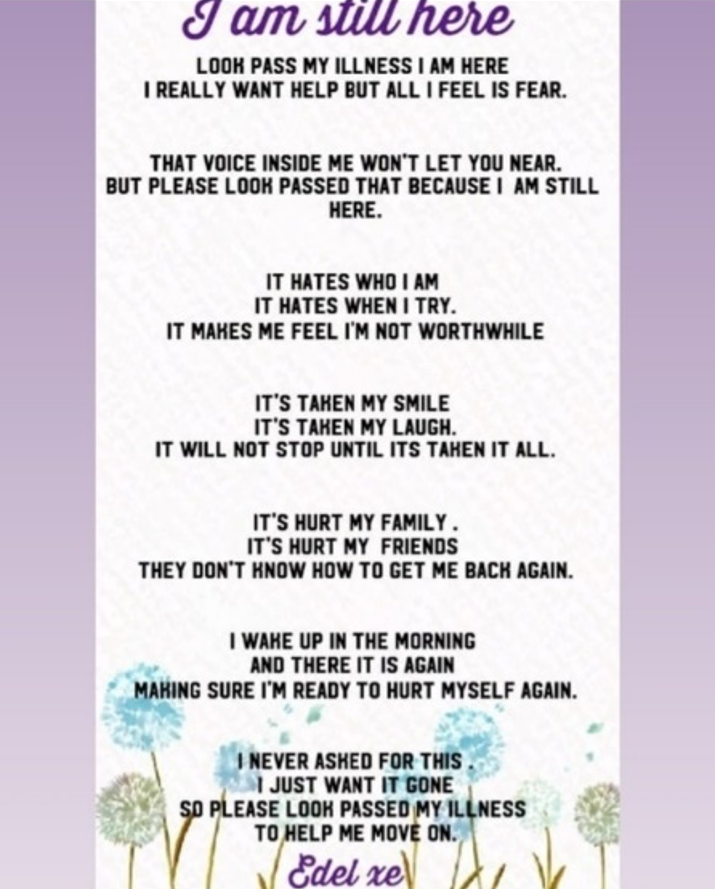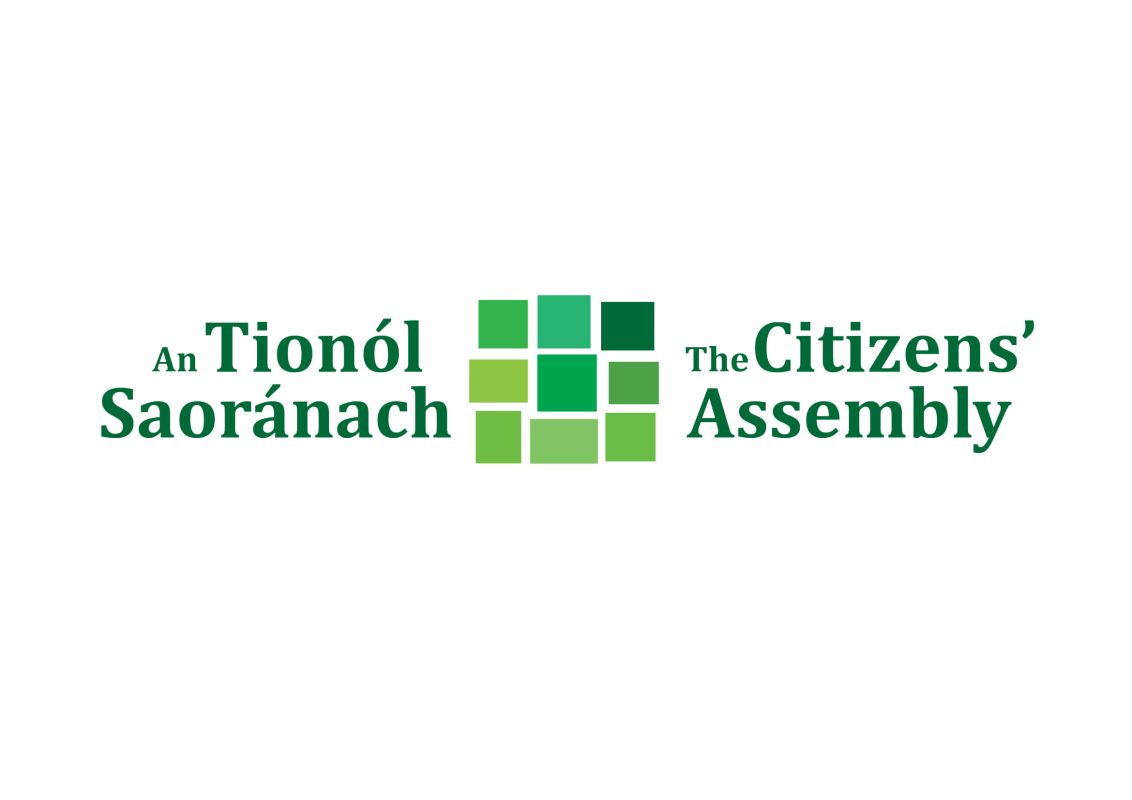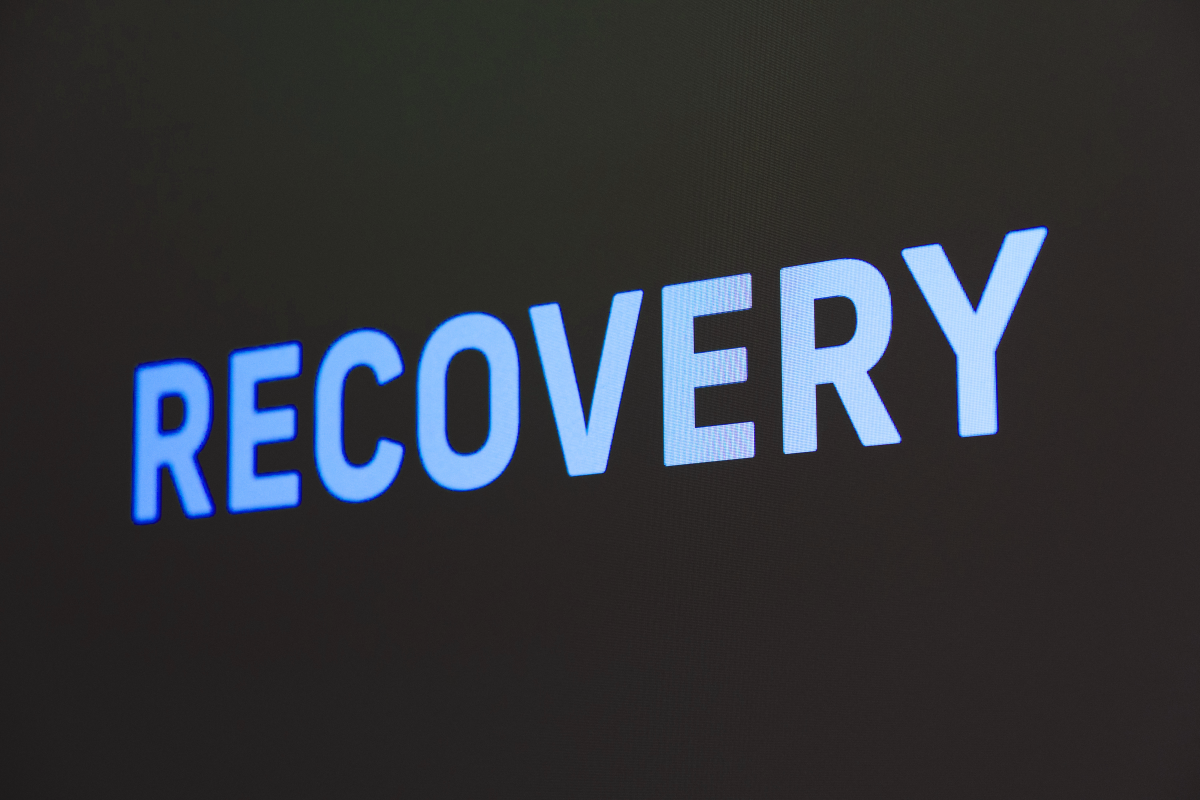To kick off Eating Disorders Awareness Week 2023, we look at the benefits and importance of peer support in recovery for those with an eating disorder.
Here, Edel tells us in her own words about her work as Ireland’s very first Peer Support Worker in Eating Disorders, a role which encompasses open listening, shared learning and support for everyday recovery.
Hi, my name is Edel. I’m 36 years old, from Tallaght, and I work as Peer Support Worker in Lois Bridges Eating Disorder Treatment Centre in Dublin. A Peer Support Worker is someone who uses their own lived experience to help others experiencing mental health difficulties. I am the first Peer Support Worker in Eating Disorders in Ireland.
In an eating disorder (ED) service we must acknowledge the role that each discipline within the multi-disciplinary team has in supporting the clients in the best way possible. Having a Peer Support Worker as part of that team has huge benefits. This can be seen in the research (see Ref 1.1), and I can see it in the positive responses I get from clients; that having someone who has been through it and just gets it supports them massively on their journey.
The kind of work I do with the clients in my job involves facilitating recovery-focused groups. Each week we focus on a different topic around how best to prepare themselves for when they leave treatment and live their life. I support clients with different challenges they may have, for example: shopping, job searches, college choices, meal support, cooking skills, and simply being there to listen to any worries they may have. I also use creative writing to connect with clients, both through my own work and by encouraging individuals and groups to use creative writing to express things they find hard to explain.
Living with an Eating Disorder for me felt like no matter where I was there was no escaping the ED.
Especially never having the space even in my own mind to feel safe.
So recovery for me is feeling safe and happy in my own mind.
My favourite thing about is spending time near the Sea
And feeling free
Best feeling ever.
It’s the little things in life that are the big things.
A very common question I get asked is: How long did recovery take for you?
Recovery is very different for everyone. How I see it is there is no certain date for when you have to be recovered. Recovery comes with lots of ups and downs. I think I reached a good place when I felt I could manage challenges in my life without the ED making me believe I needed it to cope. Moving forward from the ED is key for me no matter how slow that may be.
What I found to be the most beneficial therapeutic tool for me on my journey was DBT.
DBT teaches you to challenge certain thoughts, and supports you to come up with a different way of approaching a situation. I had to practice this very often to be able to actually put into practice. It was like retraining my brain from how I would have thought before, which was very black-and-white thinking.
Finally, if someone is struggling with an ED and needs support is scared to reach out – know that it is normal to feel scared to reach out. Start by talking with someone you trust. If it is hard to talk, maybe write down how you are feeling. To be alone with the ED thoughts is very hard, but to have someone on your side to support you, whether it be a friend, family member, or a professional will help you with how you are feeling.
Reference
1.1 Naughton, Lynda;Collins, Pádraig;Ryan, Michael. (2015). peer support workers- a guidance paper. The benefits of peer support working. 1(1.3), pp.10-13. [Online]. Available at: http://hdl.handle.net/10147/576059 [Accessed 15 February 2023].
Edel Higgins is a young, motivated and ambitious person with over fifteen years’ experience working in healthcare including six years in Mental Health services. She graduated from DCU in 2022 with a Certificate in Peer Support in Mental Health and has been working as a Peer Support Worker in Lois Bridges in Dublin Since June 2022. Her goal is to further herself in her career as a Peer Support Worker and help promote independence and instil a greater hope for people with Eating Disorders.
For more information on how to train in peer support work visit: DCU and GMIT
Resources for Eating Disorder Help:
The HSE National Clinical Programme for Eating Disorders (NCP-ED) is a collaborative initiative between the HSE, the College of Psychiatrists of Ireland, and BodyWhys – the national support group for people with eating disorders.
The HSE Self-Care and information App is available to download to your mobile phone and provides accurate, up-to-date information and tips on how to stay well when managing an eating disorder
Bodywhys is the national voluntary organisation supporting people with eating disorders. Bodywhys is committed to the belief that people can and do recover from eating disorders. They strive to empower people affected by eating disorders to access information, support and treatment.
PO Box 105, Blackrock, Co.Dublin
Helpline: 01 2107906
Email: alex@bodywhys.ie
Website: www.bodywhys.ie


